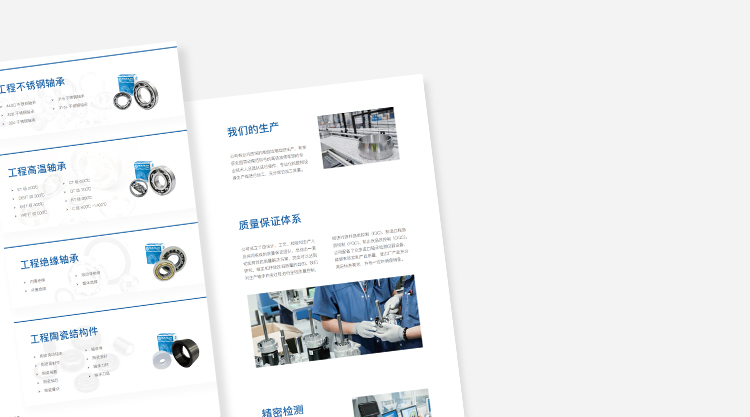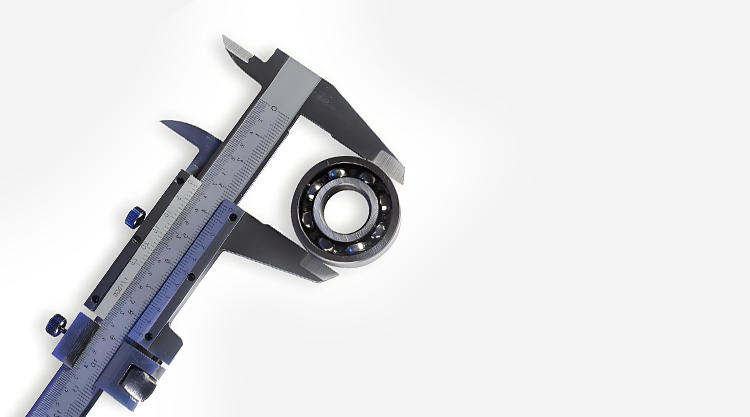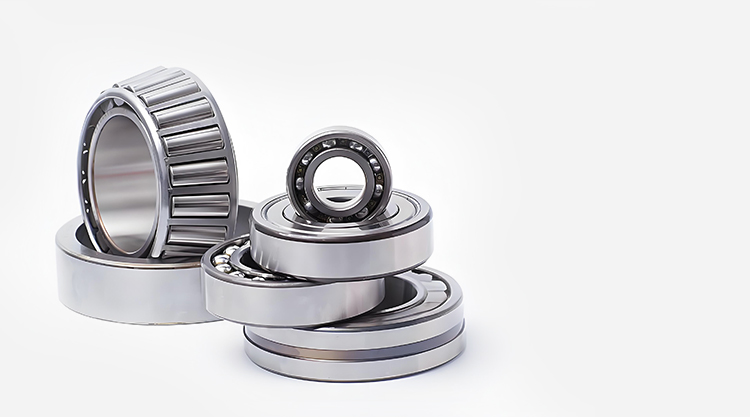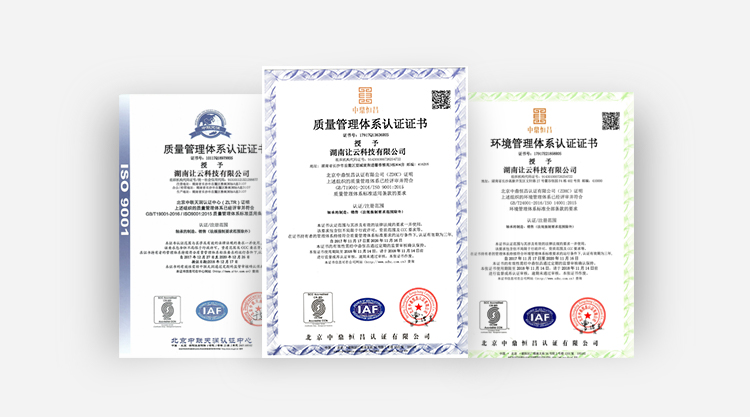Unveiling the Golden Film: How This Film Controls the Lifeblood of Global Industry? B
When you swipe through this push notification on your foldable screen phone, your palm holds a polyimide film worth 400 RMB per gram. This "golden film," which is only 1/50th the thickness of a hair, is reshaping the rules of the game in the hidden corners of the industrial world. Known as the "Golden Film" material—Polyimide Film (BOPI), it is widely used in aerospace, automotive, electronics, and other fields due to its outstanding performance.
BOPI Film: A Representative of High-Performance Materials
Polyimide film (BOPI) has excellent high-temperature resistance, electrical insulation, and mechanical strength. It is widely used in flexible circuit boards, insulation materials, spacecraft insulation layers, and other fields. In recent years, with advancements in technology, the demand for BOPI films has been continuously growing. According to market research institutions, the global polyimide film market reached over 1.5 billion USD in 2024, and it is expected to grow at an average annual rate of 6% by 2030.
Precision Challenges in the Production Process
The production process of BOPI films is complex and precise, mainly involving solution preparation, film casting, biaxial stretching, and post-processing steps. Each step requires extremely high precision and stability. For example, during the film casting process, the uniform application of the solution directly determines the quality of the film; while during biaxial stretching, precise control of temperature and tension is required.
In this process, the role of bearings is crucial. If the bearings fail or lack precision, it can lead to surface scratches, uneven thickness, and other issues, thus affecting the final product's performance and yield.
Strict Requirements for Bearings
In order to meet the special needs of BOPI film production, bearings must possess the following characteristics:
High-Temperature Stability In certain production stages, temperatures may exceed 300°C. Therefore, bearings need to be able to operate stably at high temperatures for extended periods while maintaining a low coefficient of friction.
High Precision and Low Noise The thickness of BOPI films is typically only a few microns, and any slight vibration or deviation can lead to product defects. Therefore, bearings must have extremely high rotational precision and low noise characteristics.
Pollution Resistance The thickness of BOPI films is usually only a few microns, and any slight vibration or deviation can lead to product defects. Therefore, bearings must have extremely high rotational precision and low noise characteristics.
-
11 2025.04Revealing the Core Power of Semiconductor
1. Semiconductor "Involution" Upgrades, CMP Equipment Becomes a Global Battleground
-
11 2025.04Steel Joints of Offshore Wind Turbines: A Hardcore Survival Guide for Bearings in Hig
When hundred-meter-tall steel giants spin and dance in raging waves,
-
11 2025.04High-Speed Cutting and Stacking Integrated Machine Bearing Technology Solutions
Today, I will share with you the bearing technology solutions for high-speed cutting and stacking integrated machines. We have been involved in this industry for several years, and now it is beyond th
-
11 2025.04Complete Thin Film Equipment: Unveiling the Core Power of a Trillion-Dollar Market—Ho
Driven by three trillion-dollar industries—new energy, 5G communications, and flexible electronics—the global thin film materials market is growing at a staggering 15% annually. As the "heart" of the




